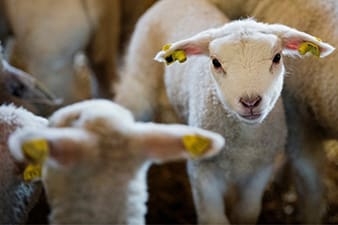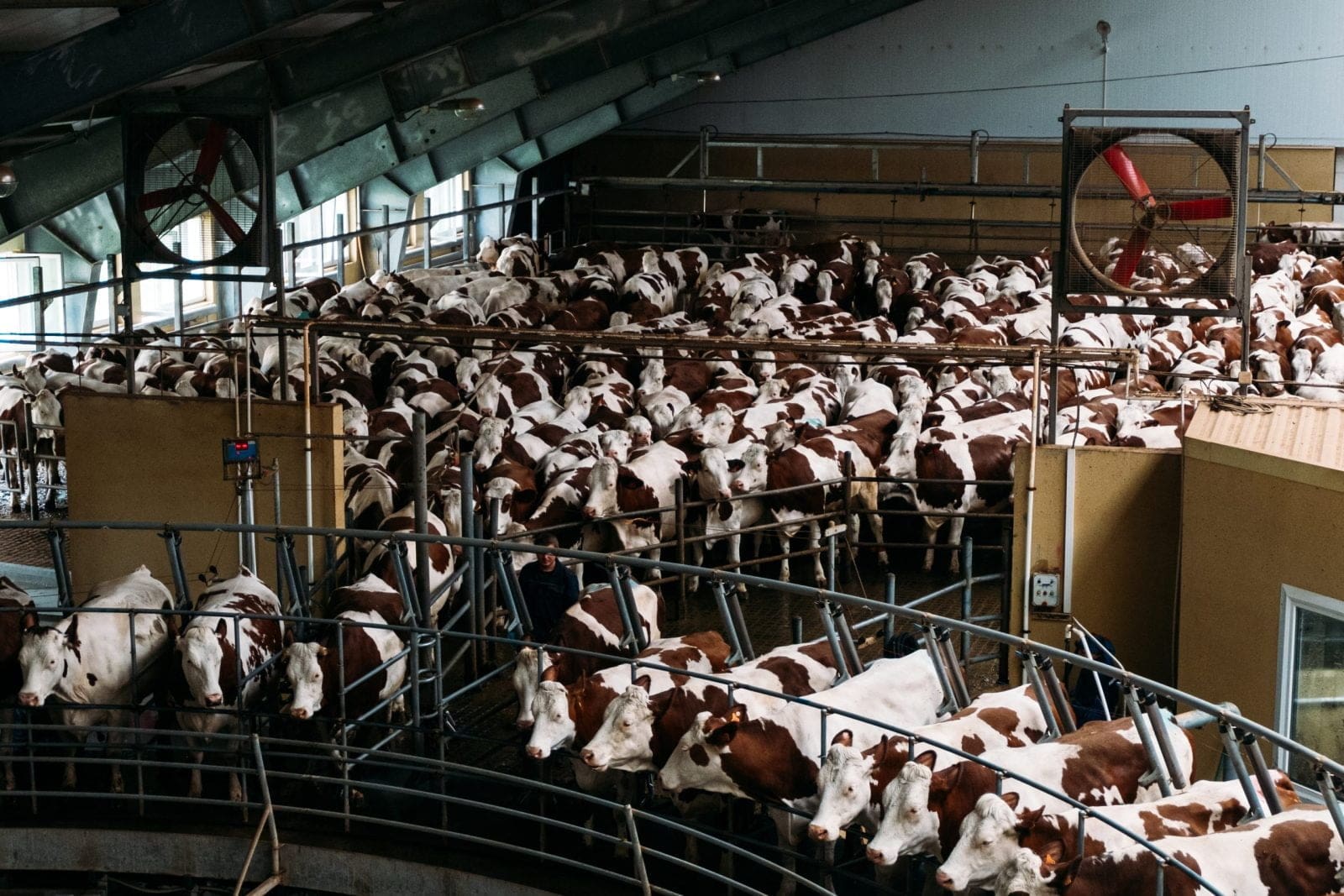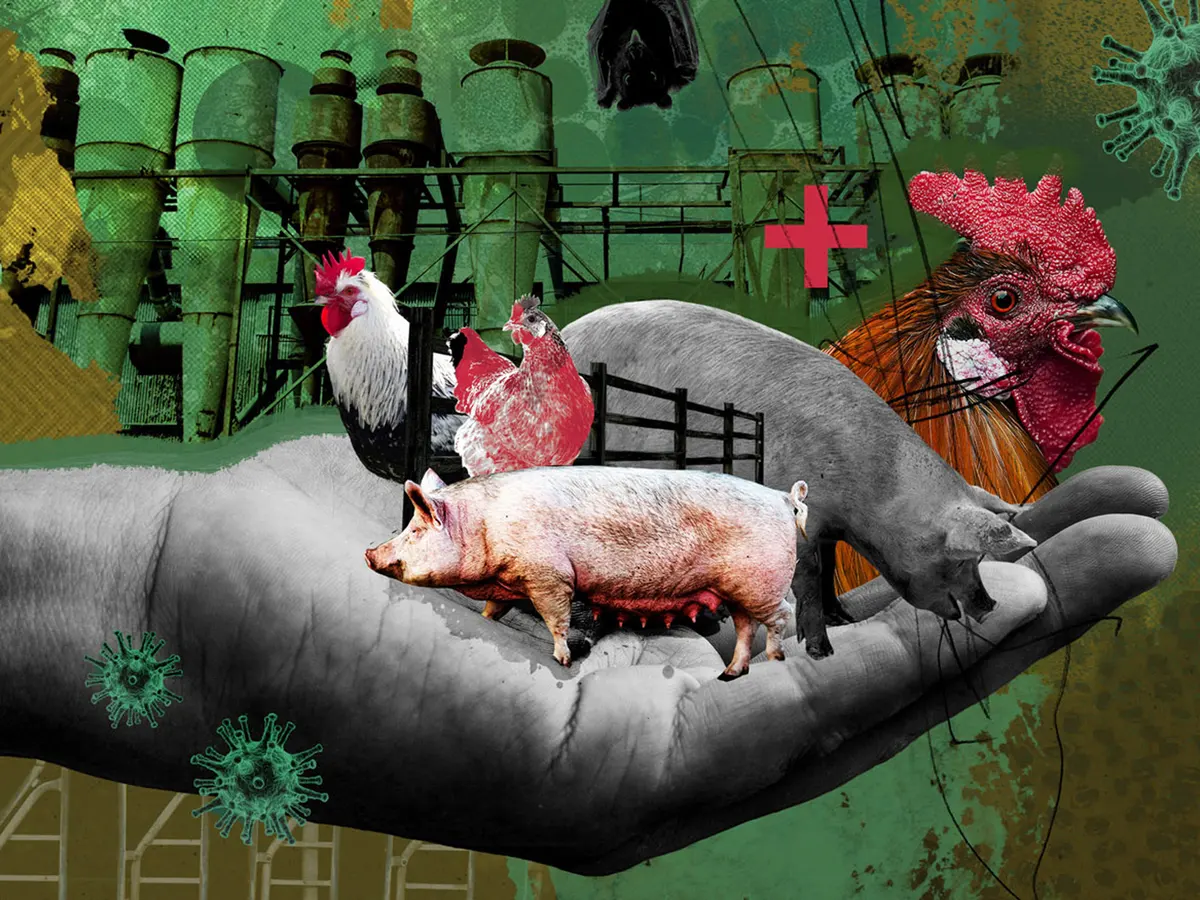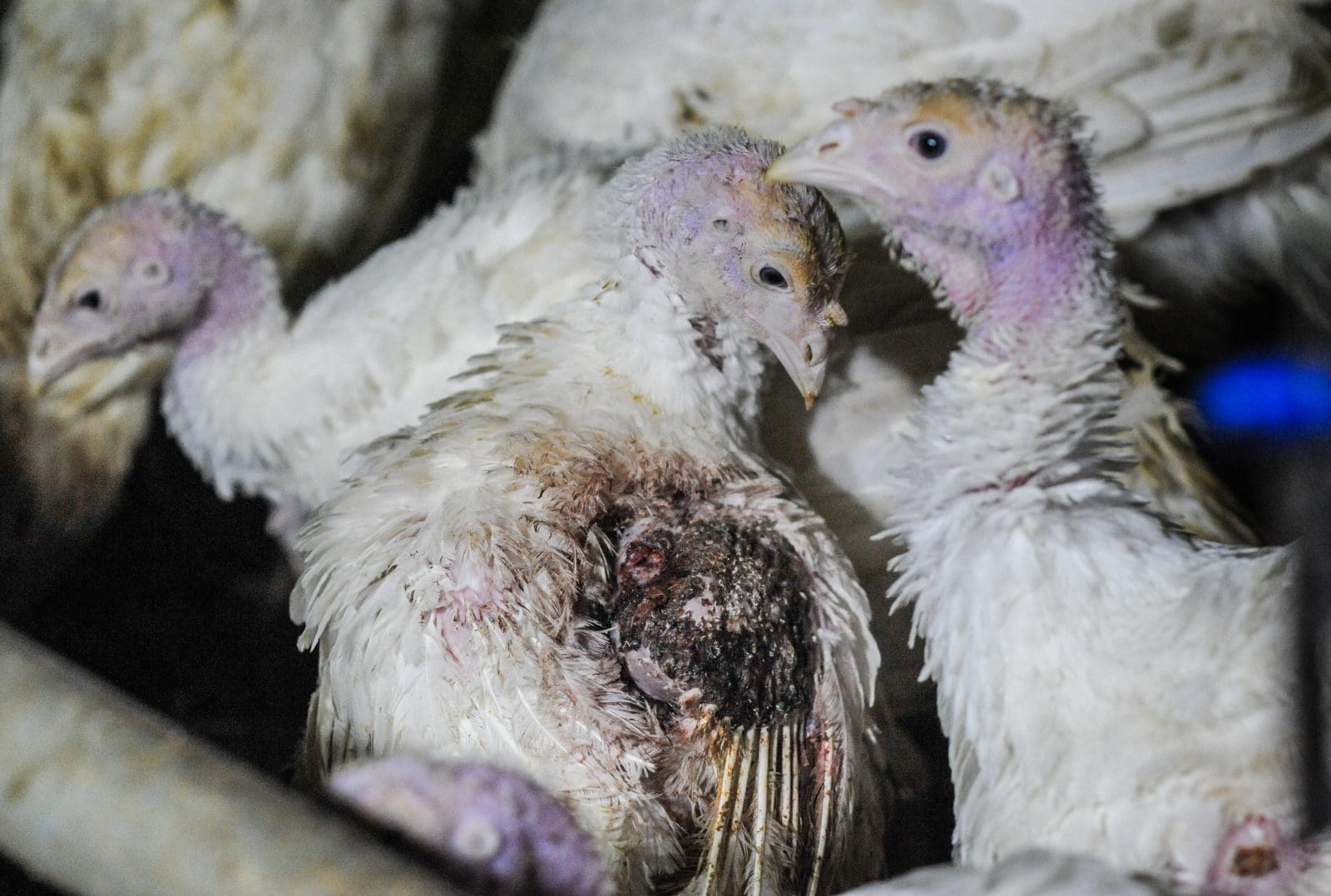The food choices we make every day have profound consequences for the planet. Diets high in animal products—such as meat, dairy, and eggs—are among the leading drivers of environmental degradation, contributing to greenhouse gas emissions, deforestation, water scarcity, and pollution. Industrial livestock farming requires vast amounts of land, water, and energy, making it one of the most resource-intensive systems on Earth. In contrast, plant-based diets typically demand fewer natural resources and produce a significantly lower environmental footprint.
The environmental impact of diets goes beyond climate change. Intensive animal agriculture accelerates biodiversity loss by converting forests, wetlands, and grasslands into monoculture feed crops, while also contaminating soil and waterways with fertilizers, pesticides, and animal waste. These destructive practices not only disrupt delicate ecosystems but also threaten food security by undermining the resilience of natural resources needed for future generations.
By examining the connection between what we eat and its ecological toll, this category highlights the urgent need to rethink global food systems. It underscores how transitioning to more sustainable dietary patterns—favoring plant-based, regional, and minimally processed foods—can mitigate environmental damage while also promoting human health. Ultimately, changing diets is not only a personal choice but also a powerful act of environmental responsibility.
In a world where meat dominates plates and palates, its role as a dietary cornerstone is rarely questioned. However, with growing awareness of health and environmental concerns, the spotlight is shifting to the risks of excessive meat consumption. From its links to chronic diseases like heart disease and cancer to its impact on digestive health and cholesterol levels, overindulging in meat poses significant challenges to well-being. Beyond personal health, the environmental toll of industrial meat production—deforestation, water scarcity, and greenhouse gas emissions—underscores the urgent need for change. This article explores why reducing meat intake not only supports human health but also fosters sustainability. Discover how plant-based diets offer all essential nutrients while promoting longevity and ecological harmony—a compelling case for thriving without relying on excessive meat consumption






















































